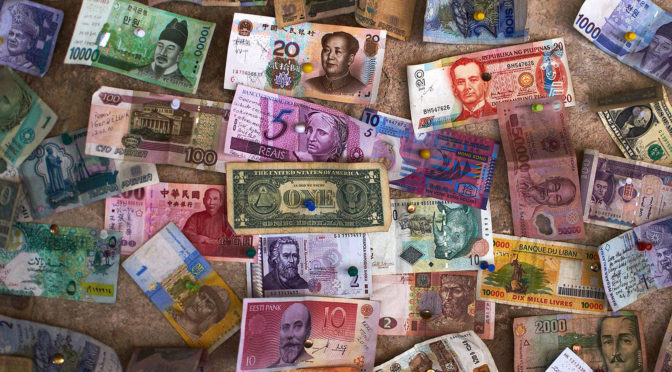By Stephan J. Goetz, David A. Fleming, and Yicheol Han
Markets have been in turmoil for much of the year on concerns the global economy is heading for another recession. The suspected culprits are many: the plunging price of commodities and oil, crisis in the Middle East, a slowing China and other emerging countries, and weak prospects for financial markets in general.
Coming less than a decade since the global financial crisis dealt a devastating blow to economies around the world, the current challenges raise the question of how resilient our societies are to such shocks.
In our own research, we pondered a different question: what factors make one region more resilient than another? The answer could help us understand how to make our economies better able to resist the next shock, be it financial, a natural disaster, or something else.

Continue reading Focus on research: What makes one economy more resilient than another?

